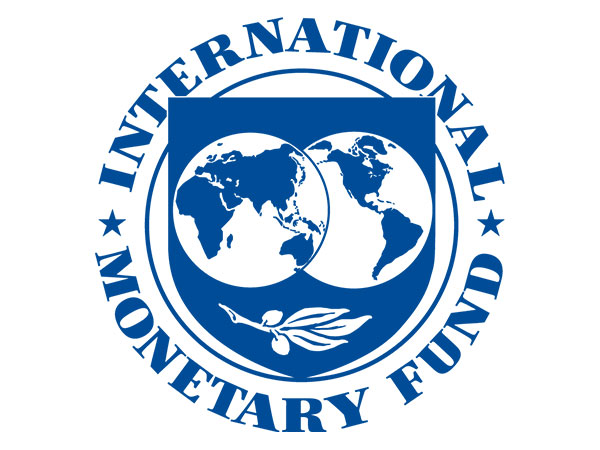
Islamabad: The key assumptions used to finalise Pakistan's USD 7 billion deal with the International Monetary Fund (IMF) has gone haywire within a month of its approval, leaving the authorities concerned with an option either to renegotiate the package or keep suffocating the economy through more taxes, the Express Tribune reported.
As per the Express Tribune, official statistics show that out of four key underlying assumptions for achieving the nearly Pakistani Rs13 trillion tax target, the economic growth rate, inflation, large-scale manufacturing and imports, three assumptions have already proven wrong by the end of the first quarter of the current fiscal year in Pakistan.
The federal government of Pakistan overly committed on behalf of the four provincial governments. Those too, are struggling to meet their conditions soon after the deal became effective.
The official statistics for the first quarter (July-September) revealed that from the Federal Board of Revenue's tax collection target to provincial cash surpluses, everything has gone off the mark.
Deputy Prime Minister of Pakistan, Ishaq Dar has also publicly spoken against the market-determined exchange rate regime, which is another core objective of the $7 billion Extended Fund Facility, Express Tribune reported.
The IMF is again pressuring Pakistan to let the rupee further devalue; although as per Dar's views the rupee is already undervalued by at least 16 per cent.
The IMF deal is facing serious implementation challenges even sooner than many had predicted, underscoring how badly it had been knitted by the negotiators from both sides. The Express Tribune had reported that Pakistan finalised a wrong deal with the IMF, which might soon derail.
The sources said that except for the GDP growth, which remains within the assumption range of 3 per ceny, the other three autonomous growth indicators namely inflation, imports and large scale manufacturing, went off the mark in the first quarter.
The contingency measures that the IMF has finalized in case of missing the tax target would further suffocate the economic growth and lower the home take incomes of the majority of the taxpayers, as per the Express Tribune.
The situation warrants a holistic review of the IMF deal, as even a mini-budget cannot help to achieve the unrealistic target due to multiple factors.
As per Express Tribune, the Pakistan government has set aside Pakistani Rs9.8 trillion for the debt servicing on the basis of an average interest rate of 17.5 per cent for this fiscal year. However, due to faster than anticipated slowdown in inflation, the interest rates may see a major cut, as indicated by the Deputy Prime Minister Ishaq Dar on Tuesday.
For this fiscal year, the IMF has given Rs12.92 trillion tax targets and the government imposed at least Rs1.2 trillion worth additional taxes in addition to promising additional collection from traders and businesses through enforcement measures.
According to the Express Tribune, the GST collection at the import stage had been projected at Rs629 billion but it remained at Pakistani Rs482 billion due to 8 per cent increase in imports in the first quarter. This created a shortfall of Rs147 billion, which was largely filled on the income tax side due to increased tax rates and taking some advances. The higher return filing also gave Rs55 billion windfall to the FBR in the first quarter.
Due to single-digit growth in imports, the custom duties collection remained at Rs276 billion as against the estimated Rs266 billion.
The situation is going to further aggravate for the second quarter (October-December) period. Due to wrong assumptions at the time of signing the deal, the FBR fears that it may take another additional hit of at least Rs254 billion.
Express Tribune noted that the publicly available indicators suggest that the FBR may again face an additional shortfall of Pakistani Rs125 billion on account of a low collection of sales tax and excise duties at the domestic stage. The impact of import compression is also estimated at Pakistani Rs320 billion on account of all import taxes.
Some of these adverse impacts would be offset by about Rs225 billion excess collection of income tax on the back of higher tax rates.
It was also observed that the provincial governments too, could not show the required cash surpluses of Pakistani Rs342 billion and fell short of the target by Pakistani Rs182 billion in the first quarter. This would further dent the primary budget surplus goal.